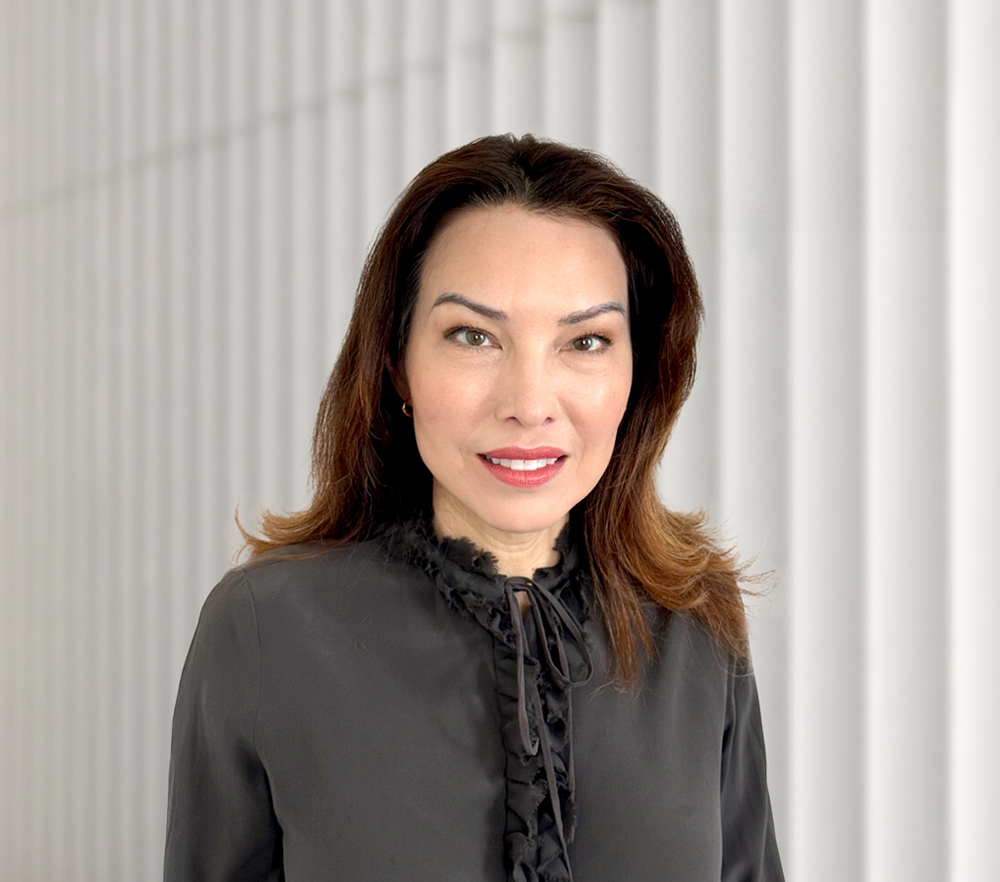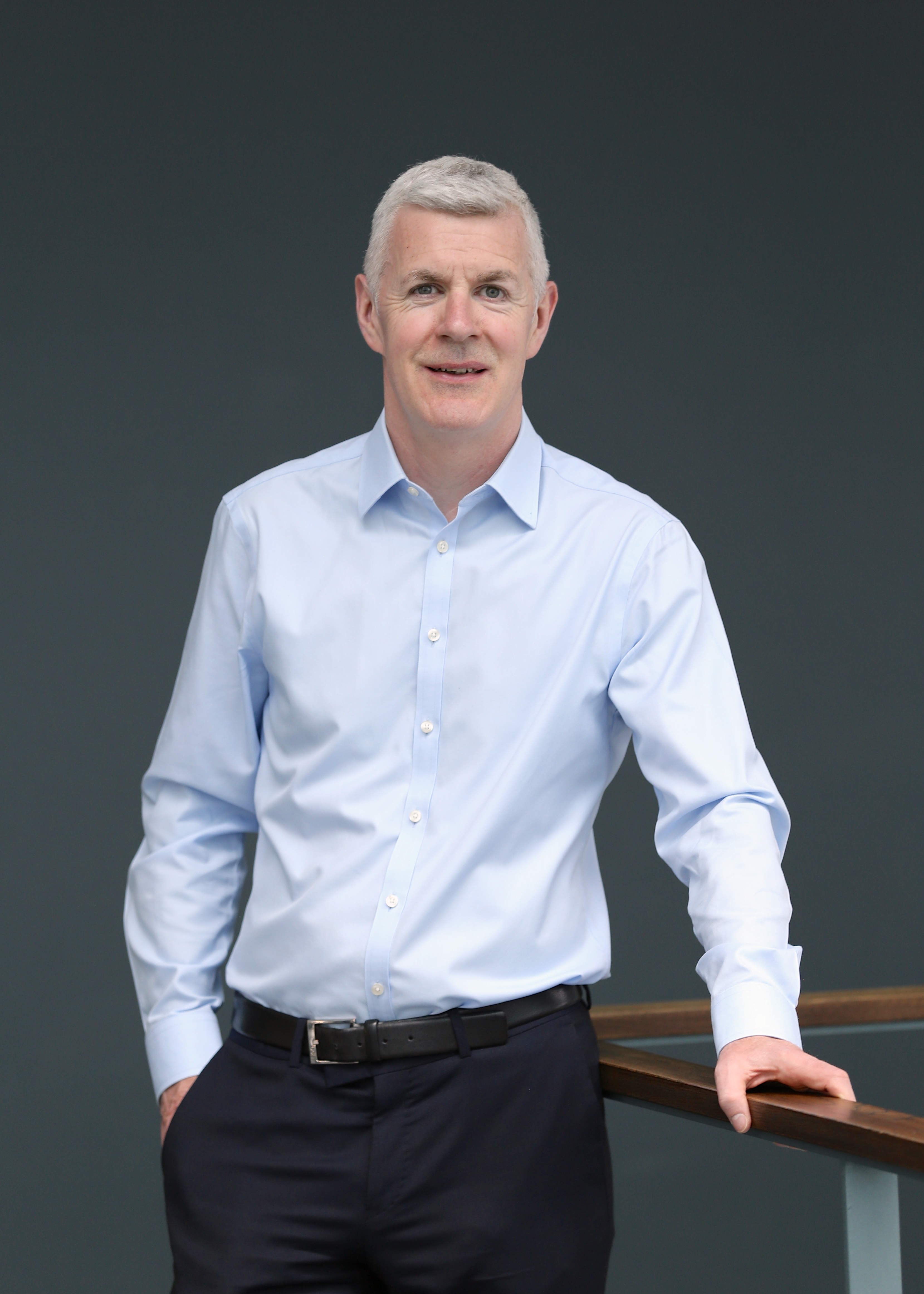A look back to ASCO 2025: Industry comments from iOnctura and Asgard Therapeutics

ASCO 2025 may be over, but the insights for the future of oncology are only just beginning.
At the American Society of Clinical Oncology’s Annual Meeting this year, pharmaphorum was unable to connect with every expert on the ground in Chicago. However, in a series of conversations post-ASCO, we’ve spoken with some of those whom we missed.
Here, Michelle Tsai – chief operating officer at iOnctura – and Shane Olwill – chief development officer at Asgard Therapeutics – share their views on the broader cancer care landscape and ponder what’s hyped, what’s not being duly appreciated, and what might be coming next.
If you could solve one major problem in oncology over the next decade, what would it be?
Michelle Tsai (MT): I would love to see treatments that are preventative for cancer find a way to have approval and reimbursement. We are seeing great science with predictive biomarkers, radiomics, diagnostics, early detection… And I fully expect discovery scientists to continue to target early pathways to prevent cancer. But, until there’s a pathway to secure approvals and reimbursement, these commonly remain deal-breakers for their pursuit.
Shane Olwill (SO): Immunotherapy approaches have transformed cancer treatment over the past decade, with therapies like immune checkpoint blockade and CAR-T bringing new hope of long-lasting remission, but these have limited efficacy largely due to the strategies cancer cells use to evade the immune system. Moreover, cell therapy approaches have provided remarkable clinical benefit for some patient segments, but are still associated with complex manufacturing and logistics, which hinder their broader application. [We] can bypass not one, but two major hurdles by restoring tumour immunogenicity and creating the therapeutic immune cells that are needed – directly inside the patient's body – providing a powerful, personalised response to their cancer from an off-the-shelf approach.
Which emerging therapy or technology do you think is being overhyped, and which is being underappreciated?
MT: I wouldn’t describe any advancement as overhyped; every step forward holds potential for patients. While it may not always be considered groundbreaking, ongoing improvements in chemotherapy, supportive care, and even insights gained from unsuccessful trials are often undervalued. Significant data and investments are being made, and it’s important that we fully leverage the knowledge they provide – even if it doesn’t lead to a clinical development programme.
SO: Intratumoural immunotherapy is gaining traction, but remains underappreciated. The IGNYTE trial with RP1, an experimental oncolytic virus designed to preferentially infect and then destroy cancer cells, highlights how local intervention can trigger systemic anti-tumour effects, offering therapies that may be both more effective and better tolerated, with fewer systemic side effects.
What's the most promising research you've seen presented at ASCO this year that could change practice within the next two to three years?
MT: Certainly, the data presented on CAR-T cell therapies in solid tumours represent exciting advancements. I’m also very keen to observe how the radiomics will be used to develop signatures and integrated into clinical trials and clinical practice.
SO: Harnessing the full potential of immune modulation in the neoadjuvant setting is increasingly recognised as a game-changer. Early immune intervention has shown significant improvements across multiple cancers, exemplified by Keynote 689 in head and neck cancer. Additionally, interim analysis of neoadjuvant sacituzumab govitecan combined with pembrolizumab in muscle-invasive bladder cancer demonstrated a 40% complete clinical response, highlighting promising potential for bladder preservation.
If you’ve missed our conversations with other experts in the oncological field, be sure to check out our Spotlight On page for ASCO 2025: a hub for ongoing post-event coverage, including interviews, key takeaways, and video content captured live from the Congress floor in Chicago.
About the interviewees
 Michelle Tsai is chief operations officer of iOnctura. She is a global commercial leader with more than two decades of experience in oncology and specialty pharmaceuticals, spanning early pipeline strategy through launch execution. Tsai has held senior leadership roles at multiple global pharmaceutical companies, including leading worldwide commercial launches for multiple blockbuster brands in oncology for Novartis. She brings deep expertise in portfolio strategy, lifecycle planning, and cross-functional leadership, with a strong track record in maximising asset value from pre-clinical through Phase 3 across multiple tumour types. Tsai holds a Doctor of Pharmacy from UCSF and a BA in Psychology from the University of Notre Dame.
Michelle Tsai is chief operations officer of iOnctura. She is a global commercial leader with more than two decades of experience in oncology and specialty pharmaceuticals, spanning early pipeline strategy through launch execution. Tsai has held senior leadership roles at multiple global pharmaceutical companies, including leading worldwide commercial launches for multiple blockbuster brands in oncology for Novartis. She brings deep expertise in portfolio strategy, lifecycle planning, and cross-functional leadership, with a strong track record in maximising asset value from pre-clinical through Phase 3 across multiple tumour types. Tsai holds a Doctor of Pharmacy from UCSF and a BA in Psychology from the University of Notre Dame.
 Shane Olwill is chief development officer of Asgard Therapeutics. He joined Asgard from Pieris Pharmaceuticals, now merged with NASDAQ-listed Palvella Therapeutics, to lead IND-enabling studies and clinical trials planning for Asgard’s lead asset AT-108. During his thirteen years at Pieris, Olwill played a pivotal role developing its diverse pipeline of clinical programmes in immuno-oncology and respiratory diseases – progressing nine programmes into the clinic. Prior to that he was director of research at AIM-listed Fusion Antibodies, building out its research team and establishing its technology platform. With over 60 intellectual property rights to his name, he is a recognised leader in drug development and a regular reviewer for prominent oncology and drug development journals. He holds a BSc in Biomedical Sciences and a PhD in Molecular Haematology from the University of Ulster, UK.
Shane Olwill is chief development officer of Asgard Therapeutics. He joined Asgard from Pieris Pharmaceuticals, now merged with NASDAQ-listed Palvella Therapeutics, to lead IND-enabling studies and clinical trials planning for Asgard’s lead asset AT-108. During his thirteen years at Pieris, Olwill played a pivotal role developing its diverse pipeline of clinical programmes in immuno-oncology and respiratory diseases – progressing nine programmes into the clinic. Prior to that he was director of research at AIM-listed Fusion Antibodies, building out its research team and establishing its technology platform. With over 60 intellectual property rights to his name, he is a recognised leader in drug development and a regular reviewer for prominent oncology and drug development journals. He holds a BSc in Biomedical Sciences and a PhD in Molecular Haematology from the University of Ulster, UK.












